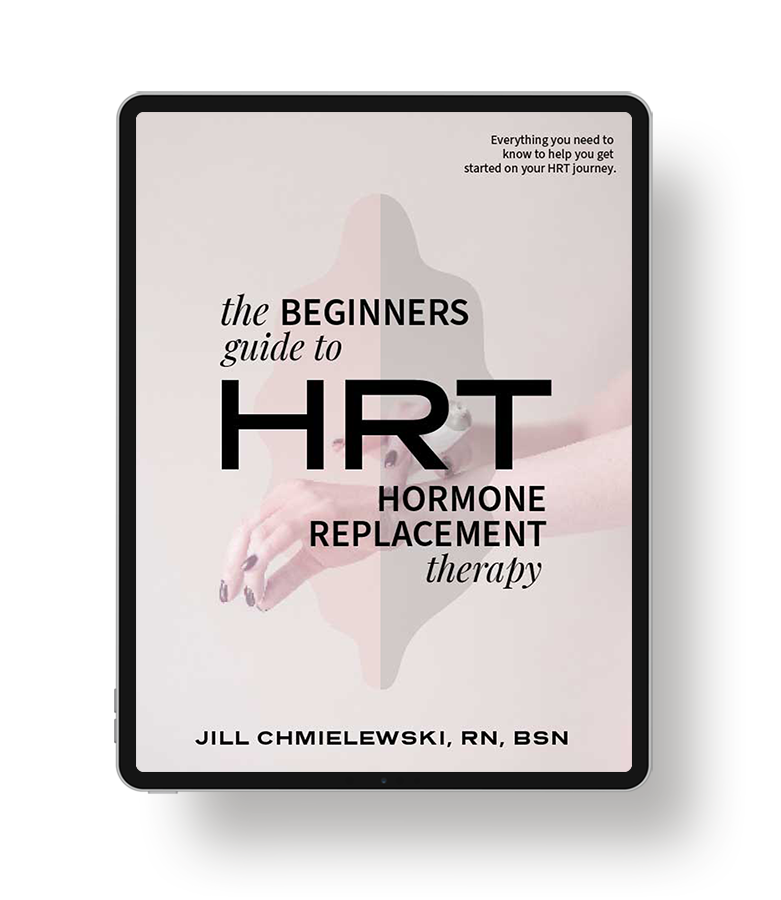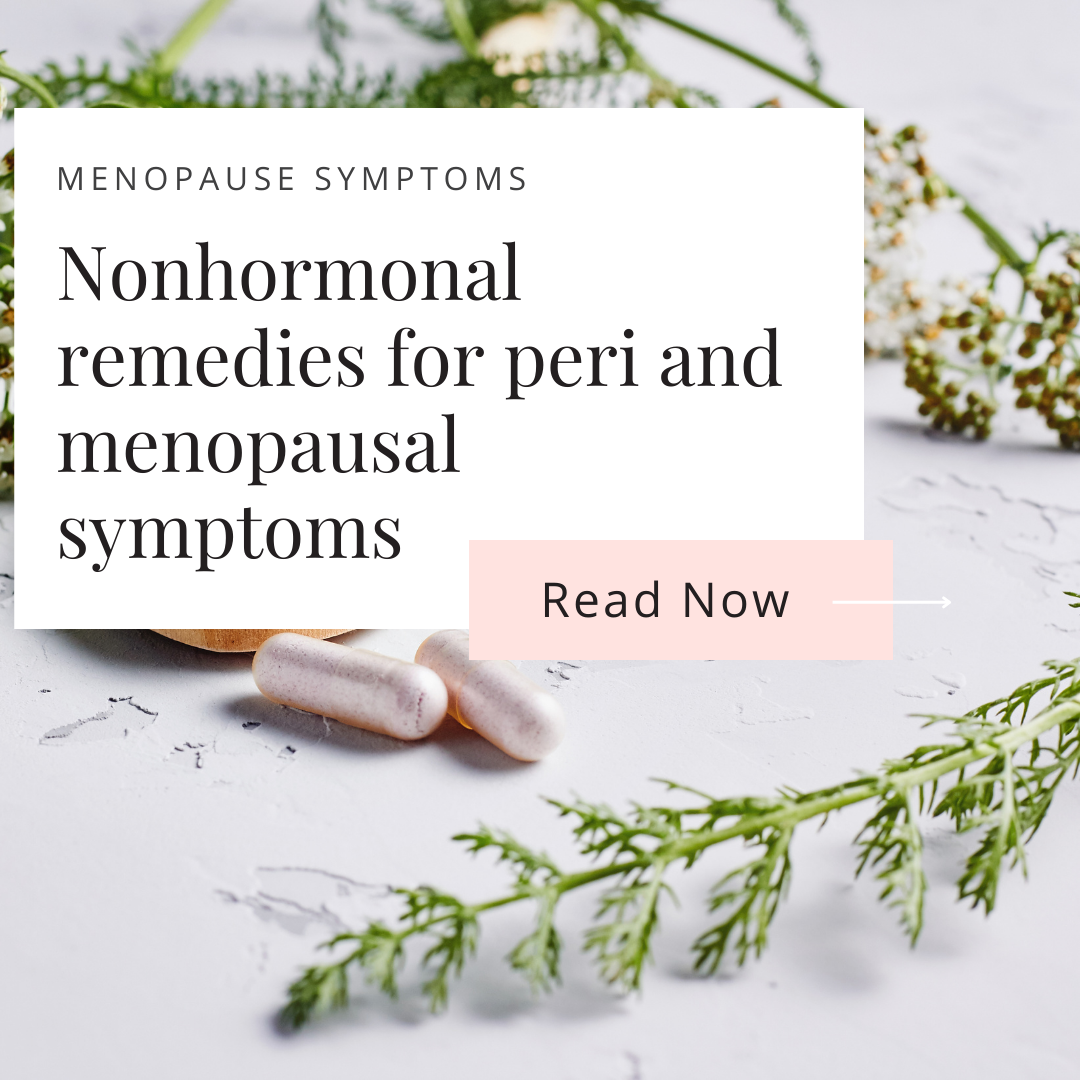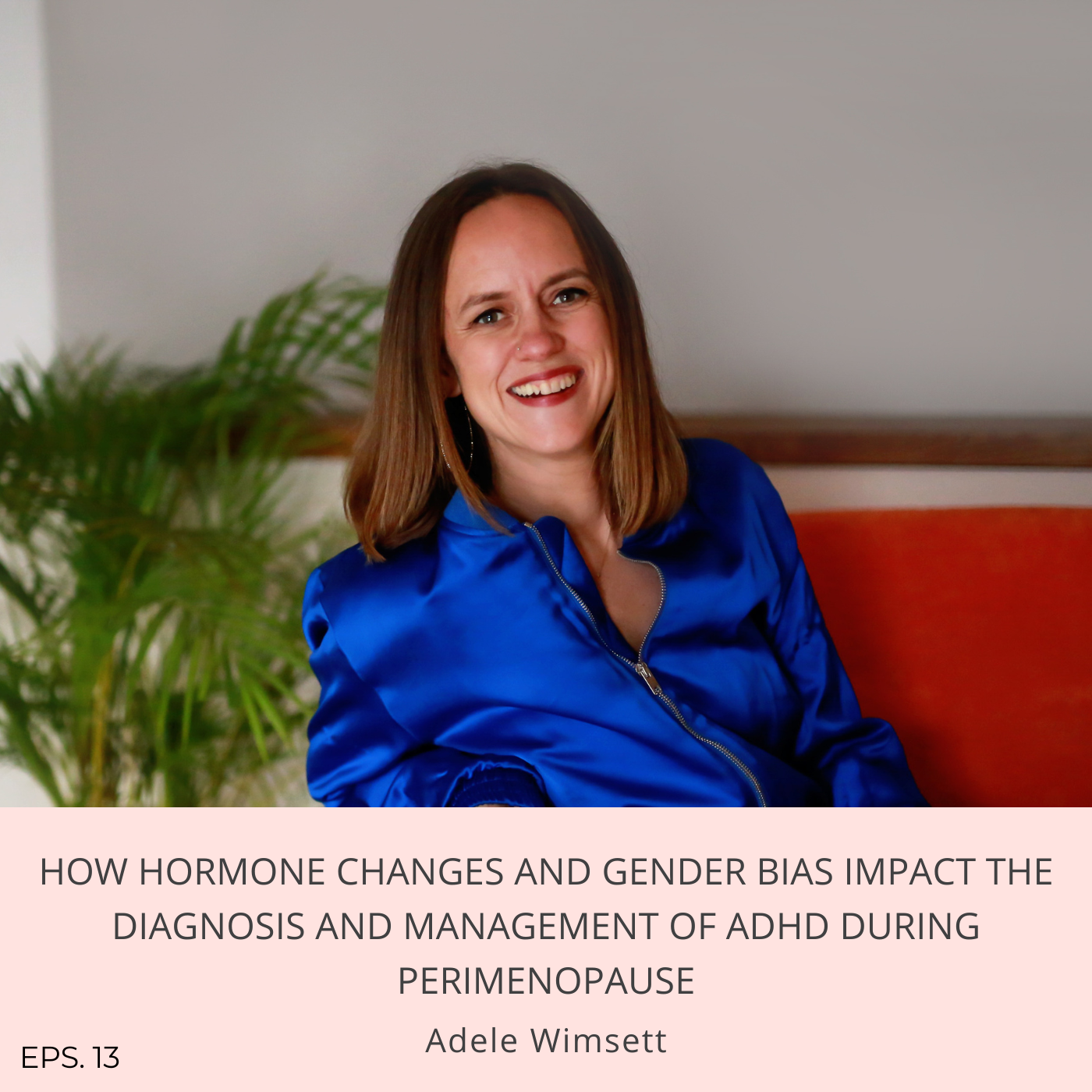I’ve had several clients who were really offended at the notion that they needed a supplement. I’ve also had clients who were supplement happy and willing to take any supplement under the sun if it might help them get healthy.
Supplements contain nutrients, the raw materials the body needs to support its day to day functions. Without optimal amounts of these raw materials, your body’s systems will suffer.
The diet is always the preferred method of obtaining optimal nutrients because there’s a synergistic effect of nutrients from foods that you just cannot get from a synthetic pill. That said, despite the fact that we have a plentiful food supply, most of us are actually not getting the optimal amounts of nutrients needed from our food supply.
Here’s why:
1. The quality of our food supply has gone down.
Our food contains less nutrition today than ever before. This is due to depleted soils, industrial farming, and hybridization techniques. Compared to 1975, apples have 41% less Vitamin A, bell peppers have 31% Vitamin C, watercress has 88% less iron, broccoli has 50% less Vitamin C and 50% less calcium, and collard greens have 60% less potassium and 85% less magnesium.
2. We eat the Standard American Diet.
Our Western diet is also known as the SAD Diet (Standard American Diet), and its name is quite appropriate. The SAD Diet is made up of poor quality meat, dairy, and fats, and is high in sugar, high fructose corn syrup (HFCS), and refined processed, junk foods. It is also low in fruits and veggies. In fact, only 10% of Americans eat the recommended minimum amount of vegetables, and Americans eat so few foods rich in antioxidants; that beer represents the fifth largest source of antioxidants. (Dr. Michael Greger at Nutrition Facts.org)
3. Our nutrient demand has gone up.
Our body needs much higher levels of nutrition to help us function in the modern day world. There is an unprecedented number of environmental toxins and stress, which puts a much higher demand on our liver and kidneys for detoxification. Translation – We need more nutrients to support the modern day demands that are being put on our body.
4. Poor absorption.
The old adage “You are what you eat” is actually not very accurate. “You are what you eat, digest, absorb, and assimilate into your body”. You may be consuming all of the “right” foods, but if you aren’t absorbing nutrients from those foods, your body’s systems will suffer. Nutrient absorption is highly affected by what we call nutrient “blockers” such as caffeine, alcohol, tannins, medications (e.g. antidepressants, NSAIDS such as ibuprofen, birth control pills, diabetic medications, cholesterol lowering medications, high blood pressure medications and more) and gut dysbiosis (imbalance in the microbiome of your gut).
Why supplement?
“In a perfect world, no one would need supplements. But given the stress of our modern life, the poor quality of our food supply, and the high load of toxins on our brains and bodies, most of us need a basic daily supply of the key, raw materials for all our enzymes and biochemistry to run as designed.” ~ Dr. Mark Hyman, MD
I think of supplements as an insurance policy. Suboptimal nutrition is largely to blame for many of our modern day illnesses and supplements can help to bridge the nutrient gap. Wouldn’t you rather address suboptimal nutrition now, rather than wake up one day with a not-so-great diagnosis that could have been prevented with optimal nutrient intake?
So, how do you begin to navigate the world of supplements?
Each person is unique so a one-size fits all approach doesn’t work well when it comes to supplements. When working with clients, I consider their health history, their symptoms, and their lab work (if available) before discussing supplement options. We ALWAYS start with food, and look for opportunities to maximize their nutrition before incorporating a supplement.
I am a big fan of testing and one of my favorite tests is the Spectracell Micronutrient Test which measures 35 selected vitamins, minerals, antioxidants and other essential micronutrients within the white blood cells. Intracellular testing is far more accurate than a simple serum blood test, which can easily be influenced by what you ate the day or two before the test. I consider myself a really healthy eater (I am a health coach after all) and I had several functional nutrient deficiencies, as well as a few borderline deficiencies on my micronutrient test. Having that knowledge in hand helped me to determine a more precise set of targeted supplements to incorporate into my daily routine.
I highly recommend testing to get a real-time snapshot of your nutrient levels, but in the absence of testing, in general, most people will benefit from a consistent set of daily maintenance supplements for optimal health.
My top choices are:
A High quality multivitamin (with bioavailable B vitamins): I like Designs for Health Metabolic Synergy for clients with metabolic syndrome. I also like Amy Meyers Multivitamin, Metagenics PhytoMulti or Garden of Life Vitamin Code.
Vitamin D – 2000 IU (or more): In order to get adequate amounts of Vitamin D from the sun, you must sit outside in the sun for at least 20 minutes per day (without sunscreen). In the winter months, it is virtually impossible to get adequate amounts of Vitamin D, so supplementation can be really helpful. It’s best to have your Vitamin D level checked so that you know exactly how much Vitamin D is best for your body. Most people benefit from taking 2000 IU to 5000 IU per day. Most brands of D3 will do, and it is often best taken along with K2 (MK-7). Be sure that you have adequate levels of Calcium and Magnesium when taking Vitamin D.
Essential fatty acids supplement: Essential fatty acids (EFAs) are essential for the body to function well. They are essential because your body cannot produce them on its own so they must come from your diet. The two primary EFAs are known as linoleic acid (omega-6) and alpha-linolenic acid (omega-3) and you must get these nutrients from your food. If you are not getting adequate amounts, you may supplement with Metagenics EFA Combination or another brand of your choice.
Probiotic: Most Americans are not able to get an ample supply of beneficial bacteria in their regular diet, so supplementing with a good quality probiotic can be helpful. There are many different brands and bacterial strains available. Most people get the best benefit from a probiotic that includes a wide array of strains (not just one) and a large number of bacteria. Some people thrive on 8-10 Billion CFU (colony forming units) per day while others find they need much more ~ 50 Billion to 400 Billion CFUs per day.
If you struggle with regularly loose stools, look for a probiotic that includes Saccharomyces Boulardii or Lactobacillus Plantarum. For constipation, look for a brand with at least 50% Bifidobacterium species. If you have never used a probiotic, be sure to start with a relatively low daily dose (~10 Billion CFUs) and allow your body time to adjust (about 2 weeks) before increasing. Short-term bloating and gas is normal as the body adjusts to the extra support. Don’t choose the cheapest brand when it comes to probiotics! Many of the cheap brands are destroyed by stomach acid when ingested, so a good quality brand is a must! I am a big fan of Metagenics Ultra Flora. Other brands you may consider are Jarrow, Udo’s, Prothera, Garden of Life, and Klaire Labs.
Antioxidants: An antioxidant supplement is particularly helpful of you are not consuming optimal amounts of fruits and veggies. Antioxidants are necessary to combat free radicals produced in the body. Juice Plus is my favorite in this category (of course I am partial because I am a distributor for the Company). Other choices include Synergy Superfood, Isotonix OPC-3 and Astaxanthin.
Choosing Supplements
The US Food and Drug Administration does not regulate the process of approving and monitoring dietary supplements. Consequently, the manufacturer alone is responsible for ensuring that its supplements are safe, effective and free of impurities and contaminants. Furthermore, the manufacturer is solely responsible for ensuring that its products’ information labels are “truthful and not misleading.”
Always buy pharmaceutical grade supplements from a trusted source. The supplement should not contain common allergens such as gluten and soy, or any fillers or binders as they create a higher risk for potential adverse reactions. Some of the companies that I use on a regular basis include Pure Encapsulations, Designs for Health, Integrative Therapeutics, Metagenics, Douglas Laboratories, Thorne, and a handful of others. I use Fullscript, an online dispensary that ships direct to consumers. They have the industry’s largest catalog of professional-grade supplements.
ALWAYS check with your physician before taking any dietary supplement. Also, before starting any new medication (prescription or over-the-counter), tell your doctor about the dietary supplements you are taking. Supplements can interfere with the proper metabolization of medication, and vice versa.





